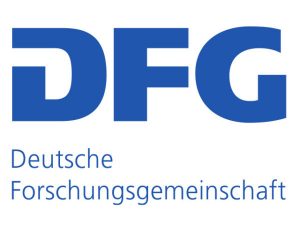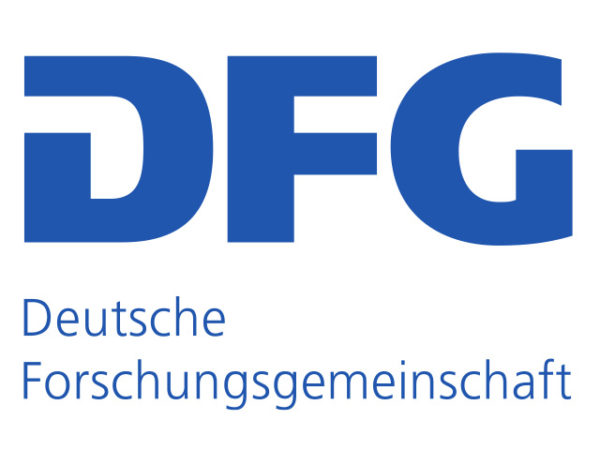
The German Research Foundation (Deutsche Forschungsgemeinschaft, or DFG) is establishing ten new Research Training Groups (RTGs) to further support early career researchers, according to a news release. Part of the €48 million effort will be establishing a group to help create a quantum-ready workforce is the aim of at least one of those training groups.
The aim of the Research Training Group “Towards Graduate Experts in Photonic Quantum Technologies” is to prepare researchers for the challenges of quantum technology. The organization indicates that new types of technology such as quantum computing, quantum sensing technology and quantum communication pose challenges for physics and engineering.
According to the release: “In order to be able to carry out research in view of possible applications, both disciplines must first develop common foundations that include specialized training for early career researchers. The researchers also plan to advance the state of quantum technology through the development of reliable photonic and electronic switching technology.”
The spokesperson for the group is Professor Jörg Schulze, University of Stuttgart.

In June, the organization announced the creation of a collaborative research center aimed at producing new quantum materials with extraordinary properties and research the application potential associated with the interaction between mechanical and electronic properties
The focus of the work carried out by the Franco-German International Research Training Group “Computational Mechanics Techniques in High Dimensions” is on so-called model reduction techniques for non-linear and high-dimensional problems. The aim is to develop or further develop computer-supported techniques in the field of mechanics and numerics in construction and materials science. In order to achieve this, researchers from both engineering and applied mathematics are working together.
Another Research Training Group “Beyond Amphiphilicity: Self-Organization of Soft Matter Via Multiple Noncovalent Interactions” will examine the as yet little understood phenomenon of the formation of structures in complex soft material systems by molecular self-organisation. The focus is on molecules that exhibit different types of interactions at the same time. With its work, the researchers aim to contribute towards a better understanding of the fundamental processes of self-organization in molecular systems, and so form the basis for the design of new functional materials in the chemical and pharmaceutical industries.
Other research groups include “Normativity, Critique, Change,” “Experiencing Gender. Constitution and Transformation of Being in the World,” “Biostatistical Methods for High-Dimensional Data in Toxicology,” “Sustainable Food Systems,” “Form-Meaning Mismatches,” “Connecting – Excluding. Cultural Dynamics Beyond Globalized Networks” and “Predictors and Outcomes in Primary Depression Care.”
In addition to the ten new collaborations, the Grants Committee approved the extension of 15 RTGs for an additional funding period. Research Training Groups offer doctoral researchers the opportunity to complete their theses in a structured research and qualification program at a high academic level. The DFG currently funds a total of 222 RTGs, including 34 IRTGs.
The new RTGs will receive a total of approximately €48 million over a period of four and a half years from spring 2021 onwards, the organization reports. This includes a 22 percent program allowance for indirect project costs. One group is an International Research Training Group (IRTG), with partners in France.
For more market insights, check out our latest quantum computing news here.













